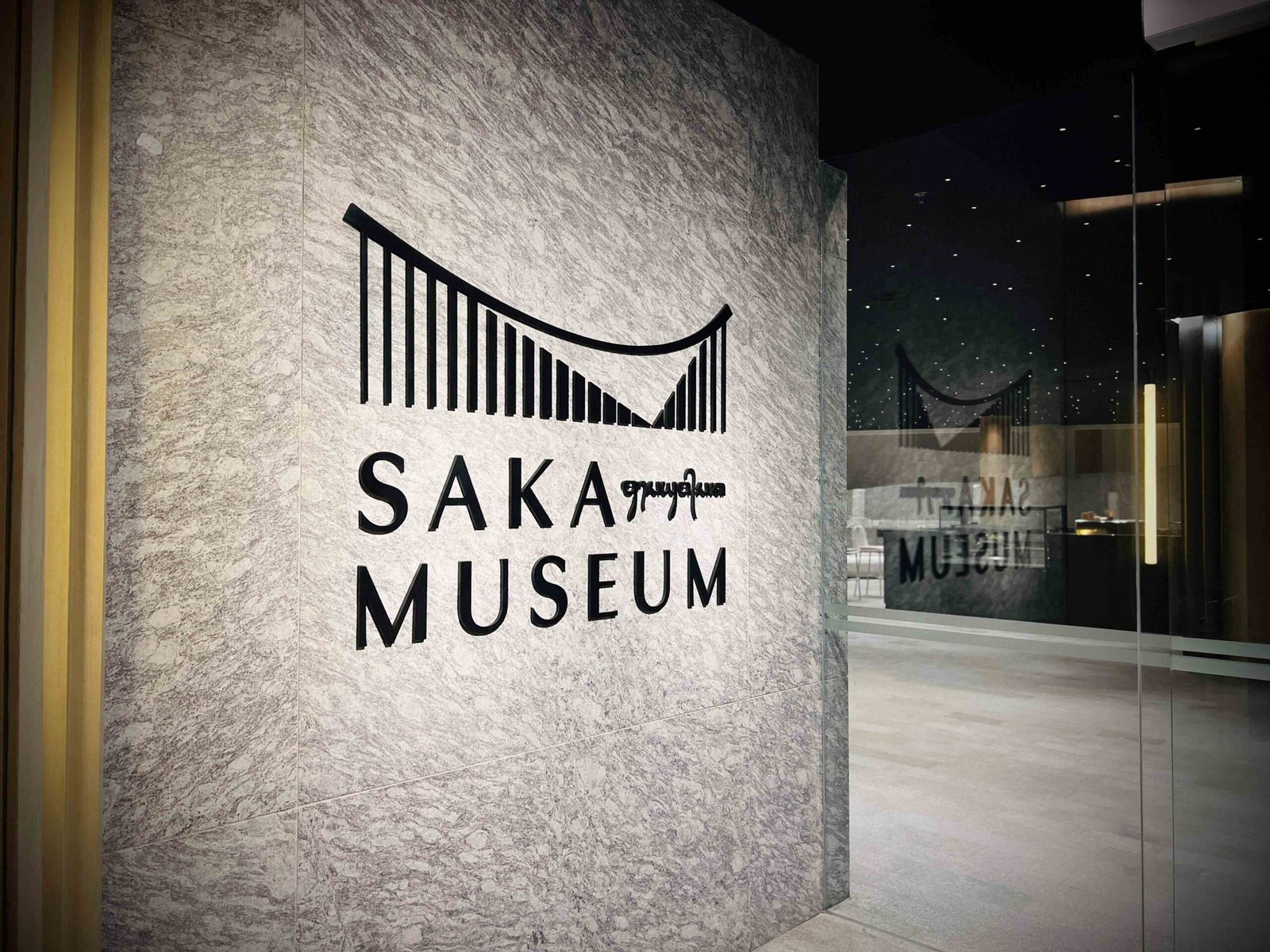If you’ve been online (or at travel conferences) this year, you’ll know that “Artificial Intelligence” is the word everyone’s trying to cram into their decks, manifestos, and marketing blurbs. From travel booking bots that “personalise” your itineraries to hotels boasting AI concierges who can “anticipate your every need”, the travel industry’s obsession with artificial intelligence is hitting new altitudes. Everyone’s chasing efficiency, optimisation, prediction.
But here’s the thing: travel isn’t supposed to be predictable.
Let’s not forget why we even travel. It’s not just to tick off a list of “Top 10 Something Bars” curated by an algorithm trained on engagement metrics. We travel to feel something real (or to get away from life back home).
When we travel, we don’t think it’s awkward trying to communicate with utter strangers who don’t speak our language. We relish stumbling into places with only locals, no tourists. We talk about the serendipity of chancing upon a restaurant that isn’t on Google Maps, smelling like cigarettes and stories. We boast when we stay at a place that was never mentioned anywhere before. These moments don’t, can’t, fit neatly into data sets, and they certainly can’t be generated by a chatbot.

Where AI actually helps (and where it really doesn’t)
Now, to be fair, AI does have its place. Anyone who’s ever tried to plan a multi-city trip across three time zones while comparing flight prices and hotel reviews knows that the admin side of travel can suck the romance right out of it. AI tools that streamline that mess. Bless them. Of course there’s something satisfying about typing “three-day Kyoto itinerary” and getting a neatly colour-coded schedule with temple visits, ramen stops, and train transfers that don’t overlap. AI can take the mental load off logistics. What it can’t do is tell you how the air smells in Tokachi Prefecture in Hokkaido (wafts of manure, because of the massive farmlands that produces 1300% of the food required for each person), or how sweet the humble potato can actually taste when it’s store under snow for a year.
AI cannot optimise culture
The problem is that the industry’s starting to prioritise assistance instead of experience. Yes, AI can make travel easier, but travel isn’t meant to be easy all the time. The best memories are often the messy ones: the family who offered you a room to stay when you didn’t realise the lighthouse you’re going to is closed; the accidental detours; the concierge, who, after you hassled him for a truly local recommendation and not the script given by the hotel, offered to bring you to the eatery after his shift is over as “the eatery, no english.” You can’t optimise for that.
There’s also the cultural side of it. The more AI takes over, the more we risk flattening the texture of human exchange. When your “personalised” city guide recommends the same Michelin-starred restaurants everyone else is being funnelled to, you’re not really exploring. You’re following a pattern. AI recommendations are designed to please the average, not surprise the individual.
The good kind of AI: when tech amplifies connection
That said, the AI boom isn’t all doom and dystopia. In some corners of the travel world, it’s actually making experiences more inclusive. Tools like real-time translation and accessibility-enhancing wearables mean that people who previously found travel intimidating: seniors, neurodivergent travellers, solo female travellers – now have tech that empowers them to navigate the world more confidently. That’s a win. When AI amplifies connection and safety rather than replaces it, that’s where it shines.
But let’s be honest. Much of the AI hype is driven by marketing, not meaning. Every brand wants to sound cutting-edge. AI is the 2025 equivalent of “sustainability” circa 2019, a buzzword everyone’s slapping onto press releases without really thinking about what it adds. The difference is, while sustainability asks us to tread lightly, AI tempts us to hand over control entirely. And that’s dangerous, because the best travel stories don’t come from control. They come from surrender.
The heart of it all: travel is human
The irony is that AI might actually kill the spontaneity it’s trying to simulate. The more algorithms learn your “preferences,” the more they’ll keep you inside your comfort zone. If you always stay in boutique hotels with rooftop pools, your AI concierge will never suggest a guesthouse run by a 70-year-old couple who make the best congee of your life. If you always eat at “top-rated” restaurants, you’ll never end up at that sketchy roadside stall with a line of locals and plastic stools. Certain travellers thrives on discomfort, not curation.
In the end, maybe AI can help us travel smarter, but it shouldn’t trick us or brands into thinking it can offer the best travel experience for us. The world doesn’t need more perfectly planned itineraries or AI concierge. It needs more imperfect moments. Human-to-human interactions. Trained staff who know their job is to amplify the travel experiences. Community to support the travel industry, and vice versa. Stories, the kind that don’t make sense until years later, when you’re retelling the story and someone says, “Wait, that actually happened?”
So sure, let the machines book your flights and find you a deal on a seaside Airbnb. But when it comes to what makes travel worth it — the laughter, the awkwardness, the chaos, the people — that’s still gloriously, frustratingly, beautifully human. Both travellers and brands need to remember this.



